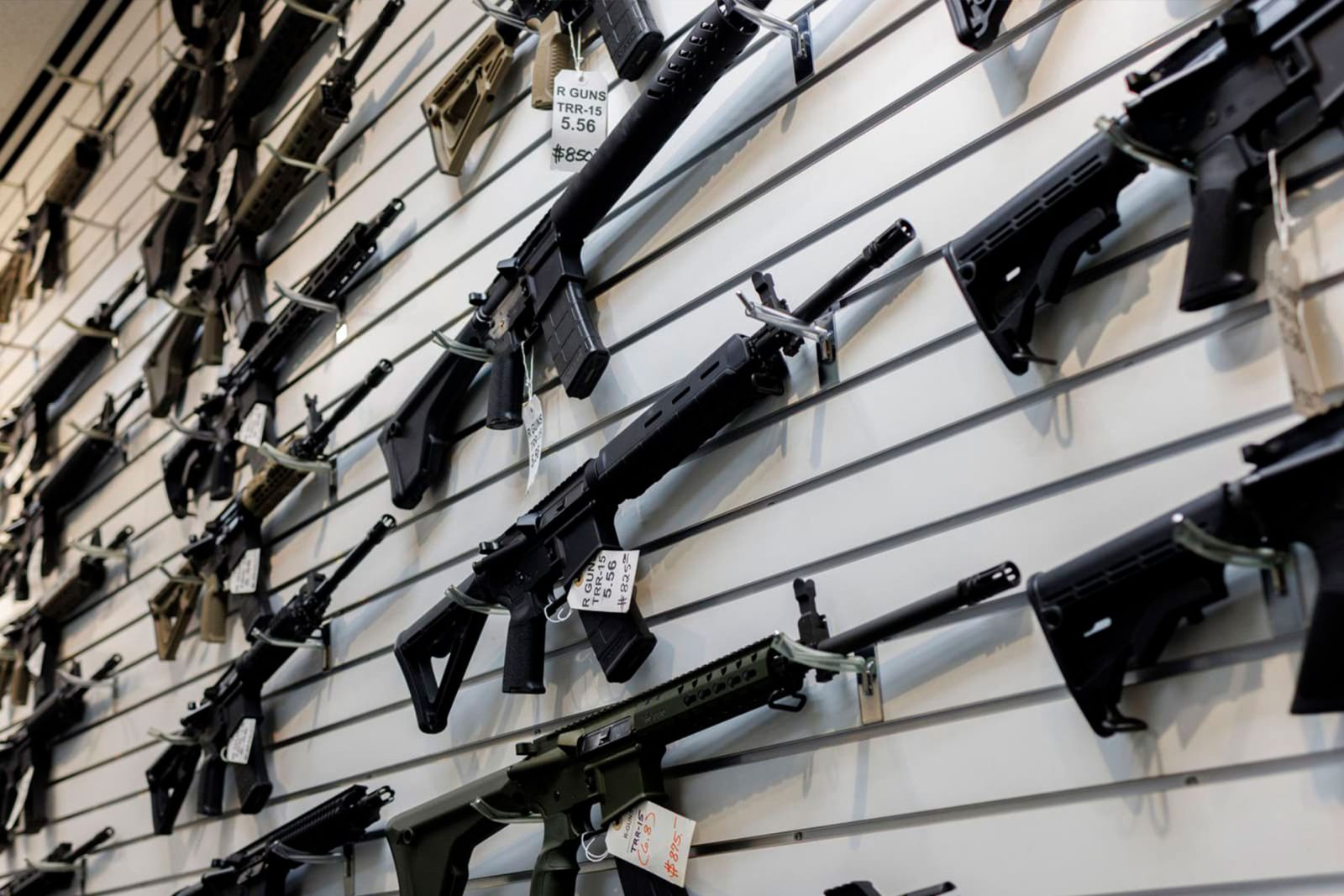Which stocks are vulnerable following the Florida tragedy with US firearms?


Which stocks are vulnerable following the Florida tragedy with US firearms?
On Valentine’s Day in 2018, a tragic event occurred when 17 students, aged between 14 and 17, were killed in a shooting at Marjory Stoneman Douglas High School in Parkland, Florida. The perpetrator, 19-year-old former student Nikolas Cruz, was armed with an AR-15 assault rifle and carried 330 rounds of ammunition along with smoke grenades. Cruz has been charged with 17 counts of premeditated murder and is currently on suicide watch in Broward County Jail. While this horrific incident left a lasting impact, the behavior of gun-related stocks displayed an interesting dynamic. For instance, shares of Sturm Ruger, a Connecticut-based firearms manufacturer, were valued at $50.10 on February 14. However, by February 28, as lawmakers called for stricter regulations on assault-type weapons, Ruger’s shares had dropped nearly 15% to $43. Furthermore, major U.S. firearms retailer Dick’s Sporting Goods announced on March 1 that it would no longer sell assault-style rifles, and Walmart, another significant gun retailer, increased the minimum age to purchase firearms and ammunition. Despite these developments, by the end of the first week of March, Sturm Ruger shares had rebounded to $51.35, surpassing their pre-Florida massacre price in mid-February.
The paradox of this stock behavior can be explained by historical trends. Mass shootings often trigger a surge in firearms purchases, as consumers anticipate potential restrictions on future gun acquisitions. This leads to increased sales and, consequently, stock price spikes for gun manufacturers and retailers. However, it’s worth noting that even before the Parkland tragedy, the gun sales sector had faced concerns. American Outdoor Brands, previously known as Smith & Wesson, reported a 33% decline in revenues for the last quarter in February. Additionally, Remington, a gun maker backed by private equity, filed for bankruptcy on February 12, just two days before the Parkland shooting.
Despite the stock fluctuations, a consistent factor in the gun control debate is the deep-rooted attachment of many Americans to their Second Amendment right to bear arms. This constitutional right has evolved and expanded over time, remaining fundamental in U.S. society. While the tragic incidents of mass shootings elicit calls for change, the cultural significance of gun ownership continues to influence public opinion and policy decisions. In the aftermath of the Parkland shooting, there has been increased activism, particularly among younger generations, with survivors organizing and advocating for stricter gun control measures. Asset management giant BlackRock has expressed interest in addressing gun control issues through its investments, signaling potential changes in the financial landscape of the firearms industry. However, public pension funds and index fund investments in firearms manufacturers like Sturm Ruger and American Outdoor Brands remain substantial, posing a challenge to significant divestment. While millennials and post-millennials may play a role in shaping the future of gun control, the deeply entrenched gun culture in the United States makes predicting substantial change a complex and challenging endeavor.
Get back to Seikum News 🤓




